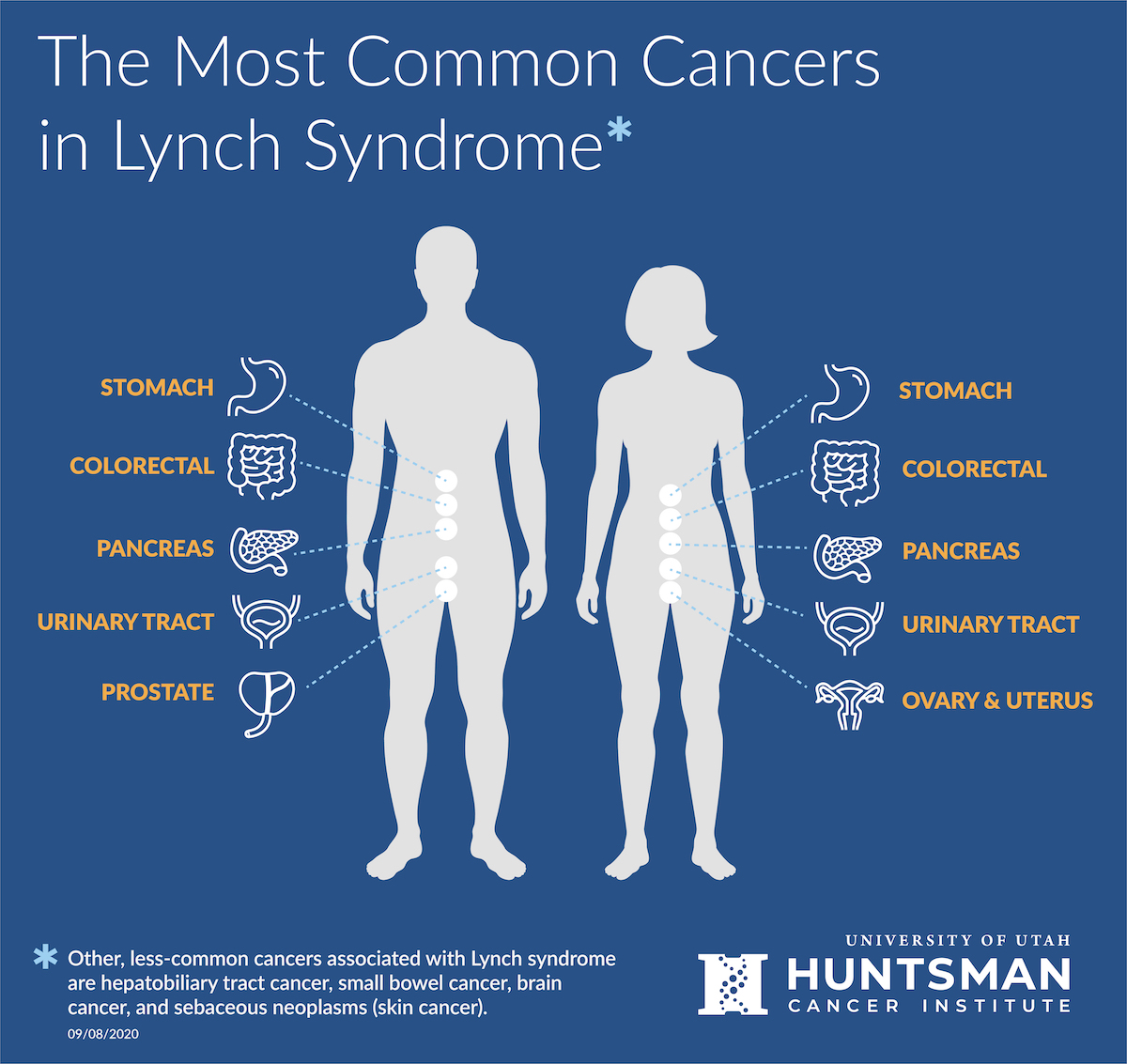By: Rob Matic
If you had the opportunity to alert someone that they were at an increased risk for cancer, would you, do it? Or would you ignore the opportunity?
Today, March 22nd is #LynchSyndrome awareness day.
Lynch syndrome, also known as hereditary non-polyposis colorectal cancer (HNPCC), is a type of inherited cancer syndrome associated with a genetic predisposition to different cancer types. This means people with Lynch syndrome have a higher risk of certain types of cancer.
People who have Lynch syndrome have a significantly increased risk of developing colorectal cancer. There is also an increased risk of developing other types of cancers, such as endometrial (uterine), stomach, ovarian, small bowel (intestinal), pancreatic, prostate, urinary tract, liver, kidney, and bile duct cancers. In addition, some studies suggest a link to a slightly increased risk of breast cancer, but this is an area of active investigation and debate by researchers.
Lynch syndrome is among the most common hereditary cancer syndromes. Estimates suggest that as many as 1 in every 300 people may be carriers of an alteration in a gene associated with Lynch syndrome. Clues to whether there is Lynch syndrome in a family include diagnoses of colorectal and/or endometrial cancer in multiple relatives on the same side of a family. In addition, cancers associated with Lynch syndrome are more likely to be diagnosed at a young age. People with Lynch syndrome are also at an increased risk of developing multiple types of cancers during their lifetime.
Lynch Syndrome is severely underdiagnosed. Only about 5% of people who have Lynch Syndrome know that they have it. To put that in perspective, if you were at a London Knights game with 9,000 fans in attendance there would be 30 people there with Lynch Syndrome and only 1 or 2 would know they have it. This means there would be 28 or 29 people who are at an increased risk of cancer and not aware.
Having Lynch Syndrome doesn’t mean you will get cancer. it means you can be ahead of it by getting screened earlier and more often.
Many people find out about having Lynch Syndrome too late.
So, I ask the question again, If you had the opportunity to alert someone that they were at an increased risk for cancer would you, do it?
Please share to increase awareness.








